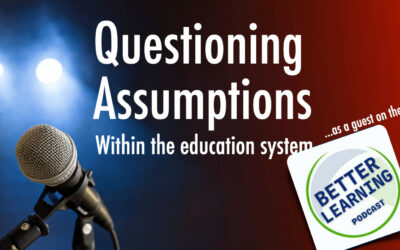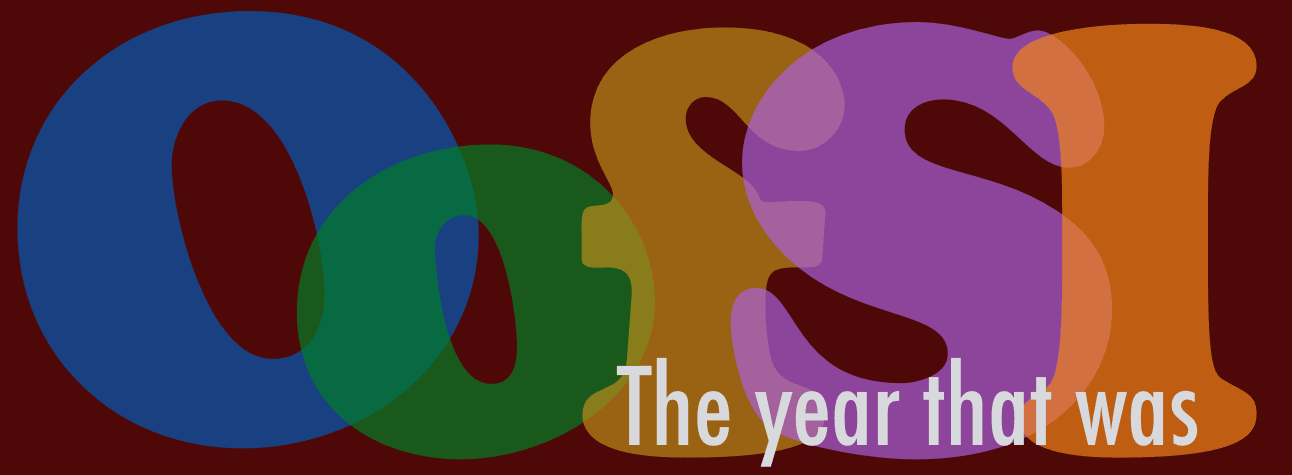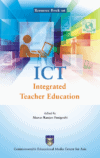Mishra, P. (2006). Affective Feedback from Computers and its Effect on Perceived Ability and Affect: A Test of the Computers as Social Actor Hypothesis. Journal of Educational Multimedia and Hypermedia. 15 (1), pp. 107-131.
Abstract: We report an experimental study that looked at two questions: (a) The effect of affective feedback from computers on participants’ motivation and self-perception of ability; and (b) whether people respond similarly to computer feedback as they do to human feedback. This study, framed within the Computers As Social Actors (CASA) framework, essentially replicated a prior study on human-human interaction (Meyer, Mittag, & Engler, 1986) except that human evaluators were replaced with computer evaluators. The Meyer et. al. study showed that there was a paradoxical relationship between praise and blame feedback and students perception of ability and motivation to engage in a task. Results of our study indicate that, consistent with the CASA hypothesis, people do respond to praise and blame feedback when provided by a computer. However, there are important differences between the results of our study and the Meyer et. al. study. The participants in our study took the feedback from the computer at “face value” and seemed unwilling to commit to the same level of “deep psychological processing” about intentionality as they appeared to do with human respondents. We believe that this research combining existing theory and research on motivation and human computer interaction offers significant implications for the design of educational technology and also points to directions for future research.




0 Comments
Trackbacks/Pingbacks